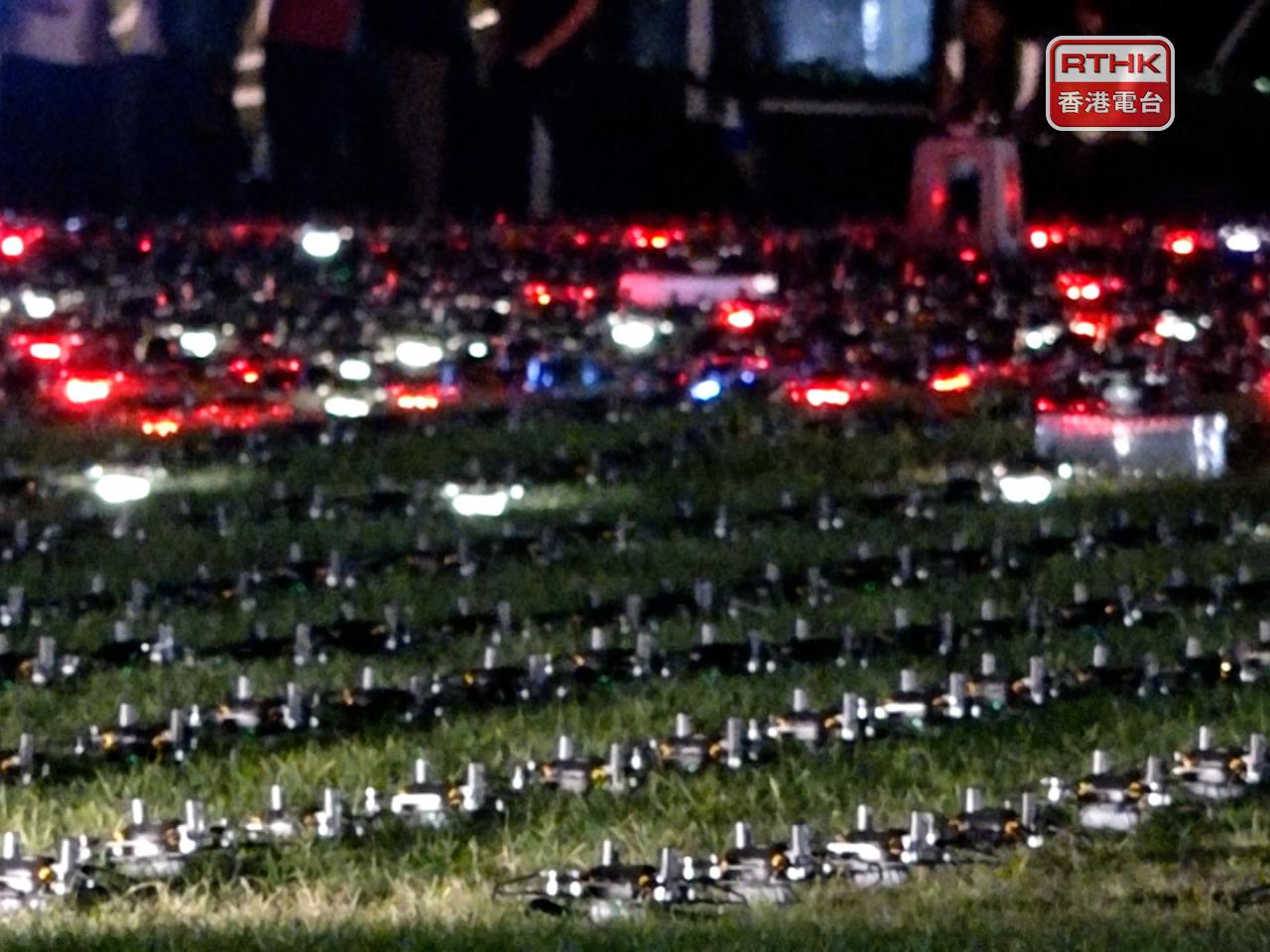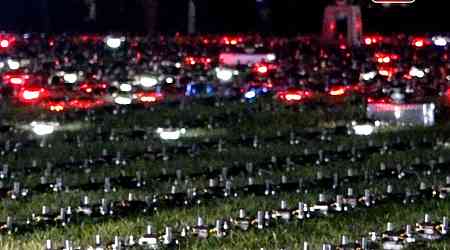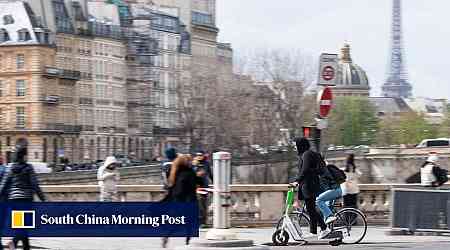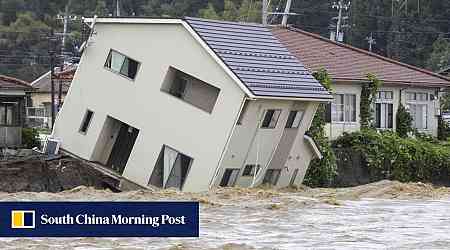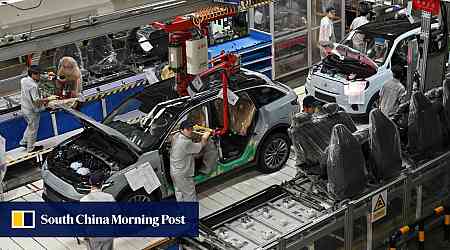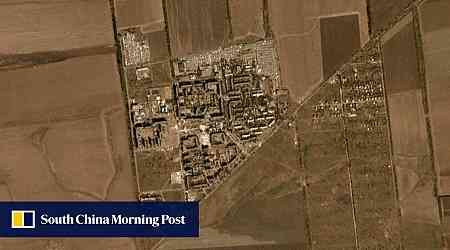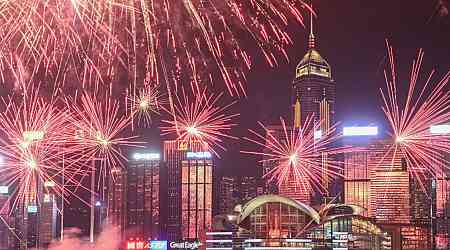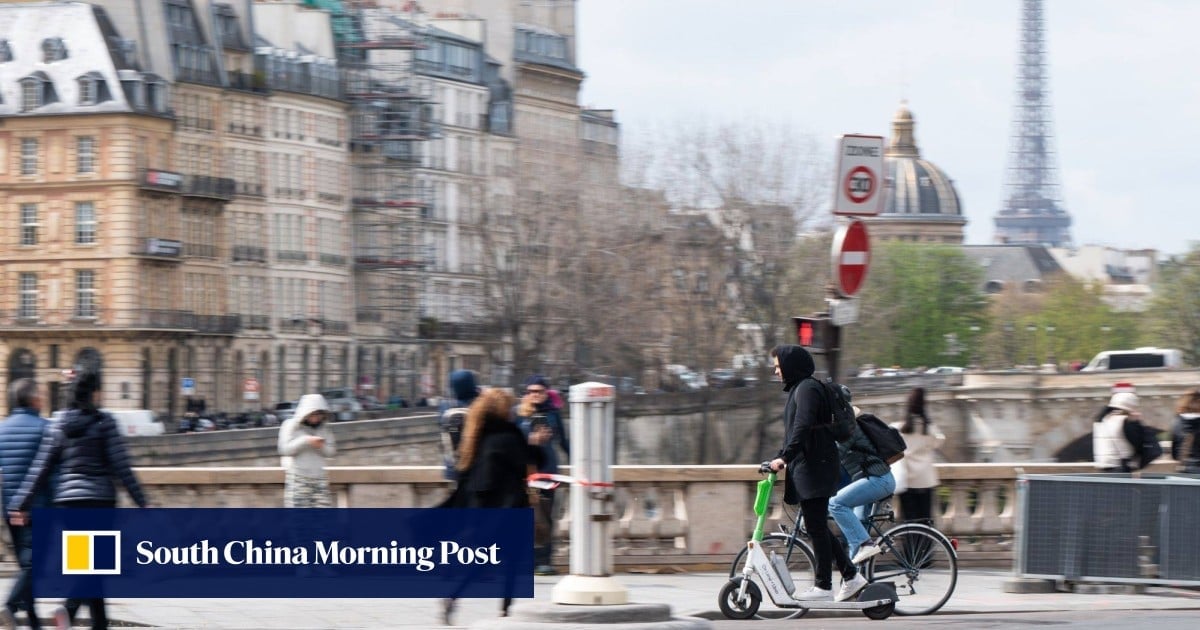An expert on Wednesday backed the authorities' decision to cancel drone shows planned to celebrate the 75th anniversary of the founding of the People's Republic of China, saying the devices could have ended up colliding with each other due to the atmospheric conditions at the time. Two shows – on Monday and Tuesday – were cancelled, with officials saying a phenomenon known as "ionospheric scintillation" would have interfered with the satellite positioning signals for the drones. Yeung King-sheung, who chairs the DNT FPV Drone Association, said a drone show requires precision and each device can only deviate from its designated coordinates by 5-10 centimetres. "If it falls out of this range, the drone show can't be held," he said on an RTHK programme. "This means that even if the drones still take flight ... the patterns might become disrupted during the show. What's more ... the drones might collide." Recent drone shows in Shenzhen went ahead as scheduled despite ionospheric scintillation during the day. Yeung said people from the mainland told him this was because conditions improved before the shows and there were no crowds at the venues. Meanwhile, Leung Wing-mo, a spokesman for the Meteorological Society, said Hong Kong is prone to ionospheric scintillation, especially at night. "The abnormal area is close to places near the equator, especially southeast Asia. Hong Kong is a part of southeast Asia, so we're at greater risk of more serious ionospheric scintillation than other places," Leung said. He added that there is a higher probability of the phenomenon occurring at the moment because the 11-year solar cycle is currently at its peak.
